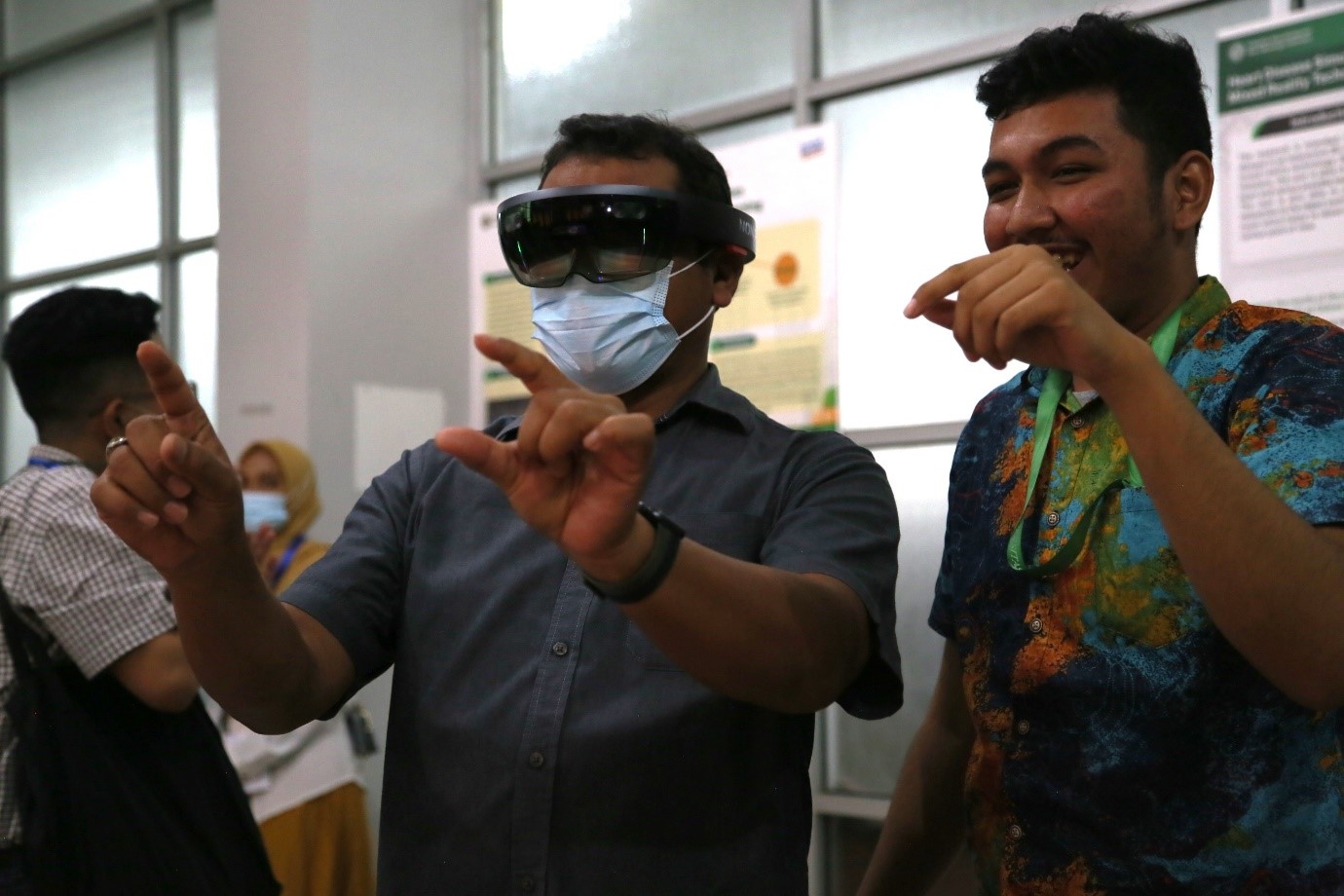Computer Science
PhD's ProgramThis program is an advanced education program for graduates of postgraduate programs, aiming to deepen their research skills independently to make valuable contributions to the field of computer science, particularly in the field of information technology









